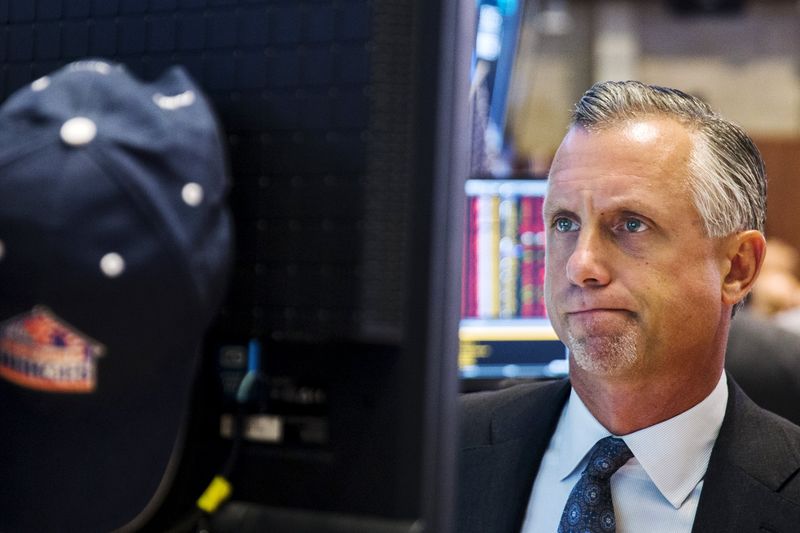Investing.com - Here are the top five things you need to know in financial markets on Tuesday, February 21:
1. Hints of March rate hike boost dollar
The U.S. dollar index, which measures the greenback’s strength against a trade-weighted basket of six major currencies, was up 0.6% to 101.53 in early New York morning trade, rising back toward last week's more than one-month high of 101.75.
The dollar rose broadly after Philadelphia Fed President Patrick Harker and Cleveland Fed President Loretta Mester both pointed to the potential for U.S. interest rates to rise next month.
Meanwhile, 10-year U.S. government bond yields rose 2.7 basis points to 2.452%.
Investors awaited comments from a trio of Fed speakers later Tuesday for further indications on the likelihood of a March rate hike.
Minneapolis Fed President Neel Kashkari is set to deliver comments at an event in Minnesota at 8:50AM ET (13:50GMT), Philly Fed Chief Harker is due to speak about the economic outlook at the Wharton School of Business, in Pennsylvania at 12:00PM ET (17:00GMT), while San Francisco Fed President John Williams delivers a speech at Boise State University at 3:30PM ET (20:30GMT).
Fed fund futures priced in about a 20% chance of a rate hike in March, according to Investing.com’s Fed Rate Monitor Tool. Odds of a June increase was seen at around 70%.
2. Global stock markets mostly higher
U.S. stock market futures pointed to a slightly higher open on Tuesday morning as traders eyed earnings reports from retail heavyweights Wal-Mart (NYSE:WMT), Macy's (NYSE:M) and Home Depot (NYSE:HD) before the bell. Wall Street was closed Monday for President's Day.
In Europe, stocks pushed higher in mid-morning trade, with Germany's DAX up 0.5%, as investors focused on earnings from the likes of HSBC (LON:HSBA) and BHP Billiton (LON:BLT) as well as fresh economic data.
Earlier, in Asia, markets ended the day largely higher, with the Shanghai Composite in China closing up around 0.4%, while Japan's Nikkei edged up about 0.7%.
3. Euro zone business activity rises at fastest pace since 2011
Euro zone business activity rose in February at its fastest pace since April 2011, according to Markit’s flash composite purchasing managers’ index.
Germany, the motor of the euro area economy, saw growth hit a three-year high on the back of strong manufacturing activity that spiked to a 37-month peak.
France also reported good news as its composite PMI hit a 69-month high, buoyed by the services sector as manufacturing activity eased more than expected.
4. French political uncertainty remains in focus
Despite the positive news from the euro zone’s second largest economy, French bonds came under renewed selling pressure over concern that far-right and eurosceptic politician Marine Le Pen could win the upcoming elections in late April and early May.
The spread between the yield on 10-year French sovereign debt and the benchmark German bund jumped to its highest level since 2012.
Meanwhile, the euro sank against the dollar, with EUR/USD falling 0.7% to 1.0537.
5. Oil flirts with 7-week highs amid optimism over output cuts
Oil prices edged higher on Tuesday, climbing towards the strongest levels since early January amid ongoing signs of compliance with a global pact to cut production.
U.S. crude was up 75 cents, or around 1.4%, to $54.53, while Brent rose 76 cents to $56.94 a barrel.
Hedge funds extended their bullish bets on oil to an all-time high last week as OPEC and non-OPEC countries made a strong start to lowering their oil output under the first such pact in more than a decade.
